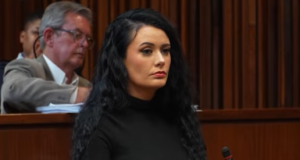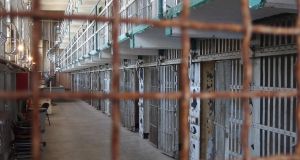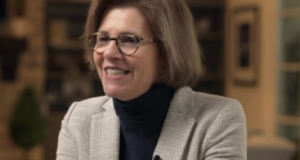Military Judge Army Col. Denise Lind acquitted Private First Class Bradley Manning of aiding the enemy, the most serious charge the Army intelligence analyst faced, in a case where he stood trial for covertly leaking a massive trove of government documents and cables to WikiLeaks, Politico reported.
Manning, however, was convicted on 19 other charges, in connection with the largest breach of classified material in U.S. history, news reports said.
"We're obviously relieved that he wasn't sentenced on the most serious charges when there was no evidence to convict him," said Widney Brown, senior director of international law and policy at Amnesty International.
Manning was found guilty of 19 counts of 21 charges, including 5 counts of espionage, news reports said.
Pfc. Manning was arrested in May, 2010 in Iraq, and has been in custody ever since. By Wednesday at 9:30, the court martial is expected to move into the sentencing phase with prosecutors expected to call witnesses to the stand in an effort to demonstrate the harm caused by disclosures revealed by Manning. His defense team, meanwhile, will argue for leniency.
Manning's case is part of seven Obama administration leak-related criminal prosecutions brought under the Obama administration, which is more than double the number of such cases in all prior administrations combined.
The prosecutor in the case has portrayed Manning as an anarchist and traitor,The New York Times reported, while his defense lawyer has depicted him as a young, naïve but well intentioned humanist who wanted to prompt debate in the discussion of whether classified information within the military should be made transparent for the public. Manning has generated many supporters throughout the world who fault the the U.S. government for being too secretive even as it tries to thwart terror threats.
"While Manning was not convicted of the most serious charge, we're still concerned about the chilling effect on the press, especially on reporters covering national security issues," said Joel Simon, executive director of the Committee to Protect Journalists. "This aggressive prosecution has sent a clear message to would-be leakers."




